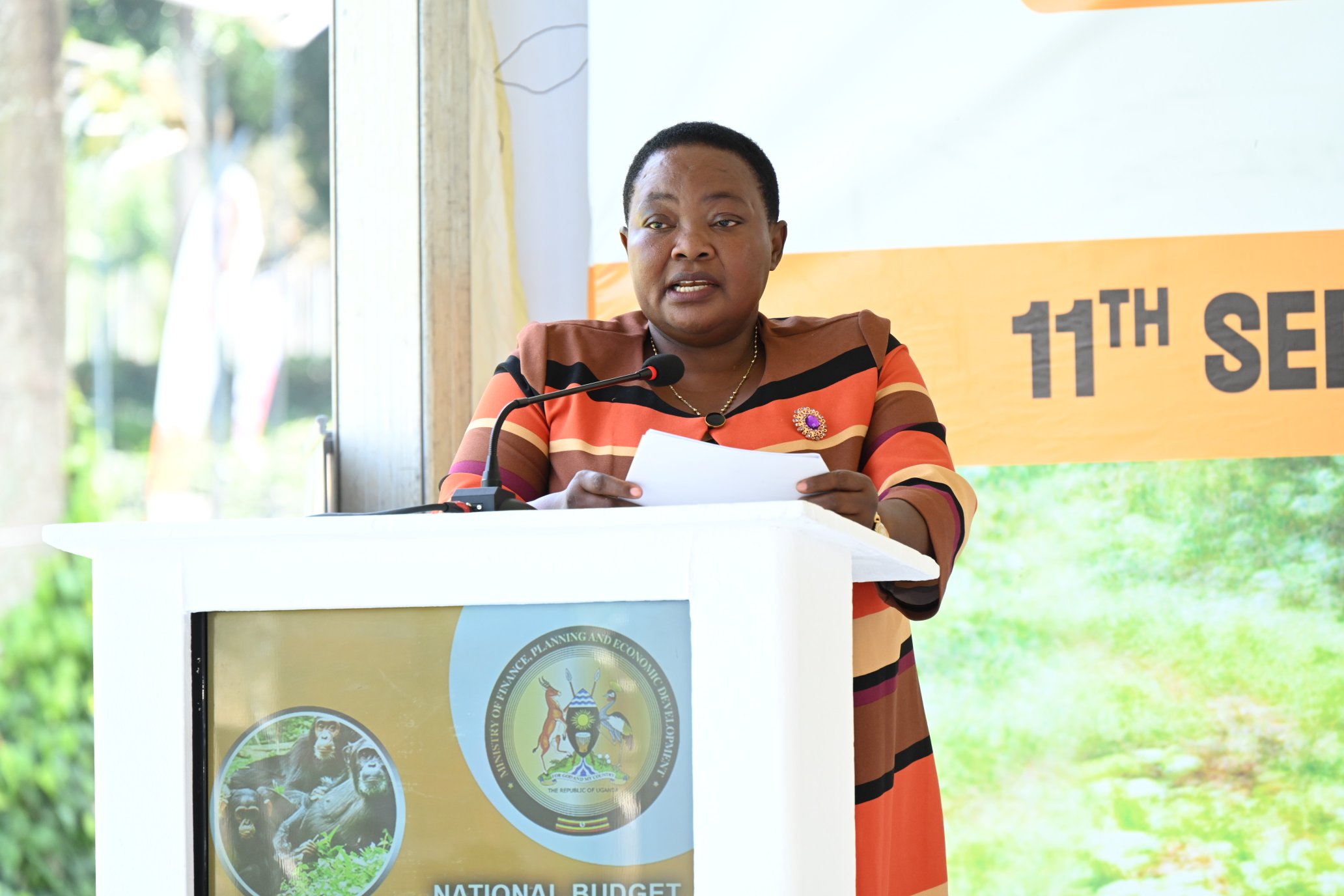The Prime Minister, Robinah Nabbanja, has warned line ministers and government accounting officers that they will be held accountable in case they fail to ensure full implementation of government priorities aligned to the seven strategic policies and the five key growth areas of the economy and human capital development.
The Prime Minister remarked this while officiating the National Budget Conference for FY 2025/2026 that took place on September 11, 2024, at Speke Resort, Munyonyo.
Nabbanja said that the government is committed to lifting and growing the economy as well as developing human capital through the 10-fold growth strategy, the National Development Plan IV, the NRM manifesto, and other policies that are agreed upon from time to time, stating that it’s the line ministers and accounting officers to make sure they are implemented.
“The line ministers and their accounting officers should be able to supervise and implement government wealth creation initiatives such as PDM and Emyooga, as well as make sure that the NRM manifesto is implemented to improve human capital development and the country’s economy. Failure to do the above, they shall be held accountable,” she said.
Read Also: Finance Minister Tasks Accounting Officers on Efficiency, Accountability
Nabbanja further emphasized the need for all stakeholders’ involvement in the development of the country’s economy and the improvement of the livelihood of the country’s population, stating that the government needs help from all stakeholders involved.
“We should work as a team to make sure that our country’s economy develops and the population poverty rate keeps reducing. This will only work when all stakeholders involved participate actively,” she noted.
The seven key growth areas that the government will work on include, but are not limited to, peace and security for the people and their property, transport infrastructure rehabilitation, increasing and following up on wealth creation initiatives such as PDM and Emyooga, improvement on science, technology, and innovation, human capital development through health, education, clean water supply, management of natural disasters, and regional and international commitments.
